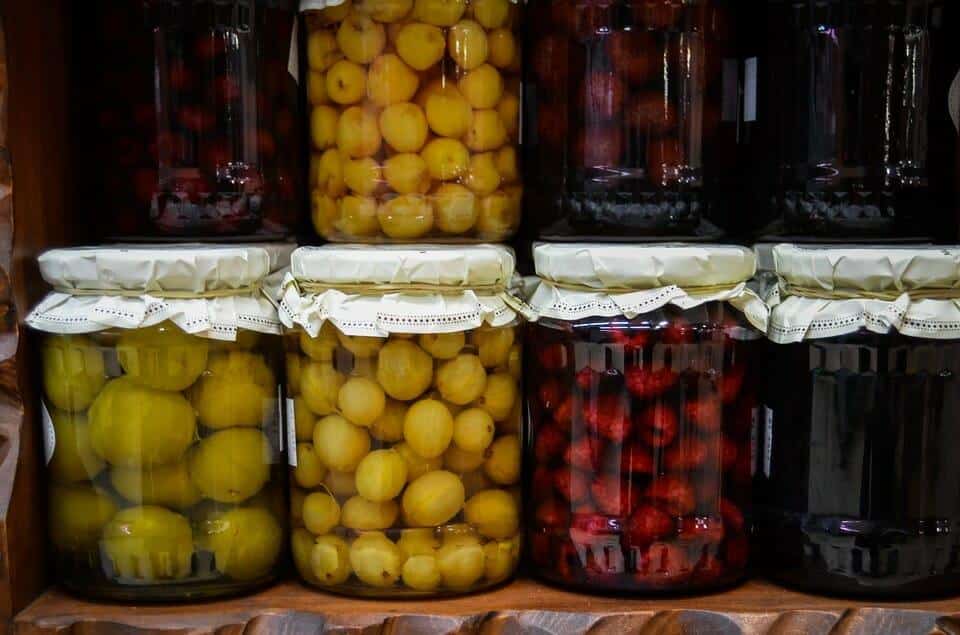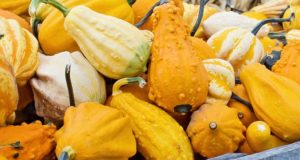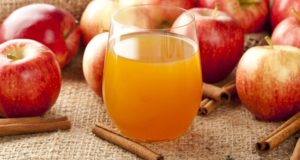Remember the last time you heard someone ask for another serving of that delicious home-canned eggplant or Brussels sprouts? Not likely. There are some foods which are better off being preserved by a method other than canning, and a few that are not conducive to any kind of preservation and are best simply enjoyed in season and let go until next year.
The reasons for choosing an alternative to canning are almost always centered around food quality, ease of processing, or safety.
Quality
Canning can cause some foods to lose flavor, texture, color or a combination. Vegetables such as turnip, parsnips, most greens and perhaps sweet peppers are able to be canned but are less appealing that way than when frozen. Most cruciferous vegetables such as cauliflower, broccoli, Brussels sprouts, and cabbage do not do well canned—with one important exception being in pickled mixtures. The reason nobody cans straight cauliflower but many people make cauliflower pickles is probably due to the canning process required: as a low-acid vegetable, adequate pressure-canning to ensure a safe product would probably result in mushy cauliflower. But added vinegar allows a quick process in regular boiling water and turns out a tasty crisp-tender product. By themselves, the best way to preserve the texture of these crunchy vegetables is to freeze them, but they are also good dehydrated.
Dehydrating and drying are good techniques for many vegetables. Broccoli, corn, carrots and cabbage dehydrate well, store easily, and taste great in soups and stews. Vegetable chips make fun snacks. Dry beans, of course, are an excellent choice. Some foods are almost always preserved by some kind of drying procedure, such as garlic and ginger.
Finally, A Backup Generator That Doesn’t Require Gasoline!
Many fruits take well to canning, but not all. Strawberries lose color and flavor when canned, causing many people to prefer them frozen or dried. Soft berries such as raspberries and blackberries are often too delicate to survive the canning process. Other fruits such as melons do not can well—except, as with some vegetables, if pickled.
Ease of Processing
Sure, you can spend hours preparing peeling and cubing and parboiling potatoes and pumpkin if you want to—and sometimes it is truly worth it—but it often makes more sense to simply store them in the root cellar.
Storing appropriate vegetables—carrots, beets, rutabaga, onions, leeks, winter squash and cabbage—in a cold dark cellar is one of the easiest ways to store them, and root-cellaring can be combined with other methods for a great alternative to canning. My freezer is usually packed completely full by October, at around the same time my cellar gets cold enough to store vegetables. When the food in the root cellar approaches the end of its shelf life, enough food has been eaten out of the freezer to make room for root cellar refugees.
I do enjoy the convenience and delicious flavor and aroma of canned potatoes, which makes it worth the effort of at least one batch every season before putting the remainder into cold storage. Canned meats are wonderful, too, but labor-intensive canning is a matter of personal preference. People spend their valuable homesteading time on what they consider most important, and canned potatoes or meat may not make the cut for everyone.
Freezing is a relatively easy process for many foods. I keep items like meat stock and applesauce in the freezer as well as on the pantry shelves. If I have just a couple pints, it’s hardly worth running the canner for, and I put them in the freezer instead if I have room. For larger batches, I can process a canner-full and freeze anything left over or the contents of any jars that didn’t seal.
Dehydrating is easy, too, once you get the hang of it. It’s a bit of a learning curve at first, knowing how to dry vegetables until they are dry enough to impede growth of bacteria but not so dry as to lose appeal. But a little practice can produce excellent results.
Safety
Some foods are not safe to be canned. One of the most important things to remember is that adequate heat needs to reach the center of the jar and stay hot for enough time to make the canning procedure safe. For this reason, pureed foods such as mashed squash and pesto should not be processed using home canning equipment. While it is possible that these foods might heat sufficiently to kill pathogens, it is not a sure enough bet to risk your health on.
Cheese and butter should not be canned, either. These and other low-acid foods can provide an environment in which botulism can develop unless tested guidelines are followed. Dairy foods and novelty items such as cake and bread are strongly discouraged by official testing entities, and no reliable guidelines are available.
Just Eat and Enjoy
Sometimes the best thing to do is savor the flavor of the season and let it go when it’s gone by. Foods like zucchini and summer squash, for example, are foods for which the only tested guidelines call for adding pineapple juice and diluting that wonderful taste of summer we seek to preserve. I sometimes freeze a few bags of zucchini—in slices for sautéing, chunks for ratatouille, and grated for cakes and muffins—but it isn’t part of my vegetable staples for winter.
Cherry tomatoes can be frozen whole for winter soups and stews, but they’ll never be as good as they are straight off the vine. For these and a few other vegetables, it makes sense to preserve only a minimal amount and share any harvest surplus with neighbors, livestock or wildlife—provided, of course, that household food security is not a potential concern.
Should it Be Canned?
Using home canning to preserve the harvest is many people’s go-to, and with good reason. But it is always valuable to first evaluate whether canning is the best option. For a variety of reasons, some foods are better frozen, dried, root-cellared or not preserved at all.
What foods do you NEVER can? Are there any unique foods that you DO can? Share your advice in the section below:
 Off The Grid News Better Ideas For Off The Grid Living
Off The Grid News Better Ideas For Off The Grid Living




